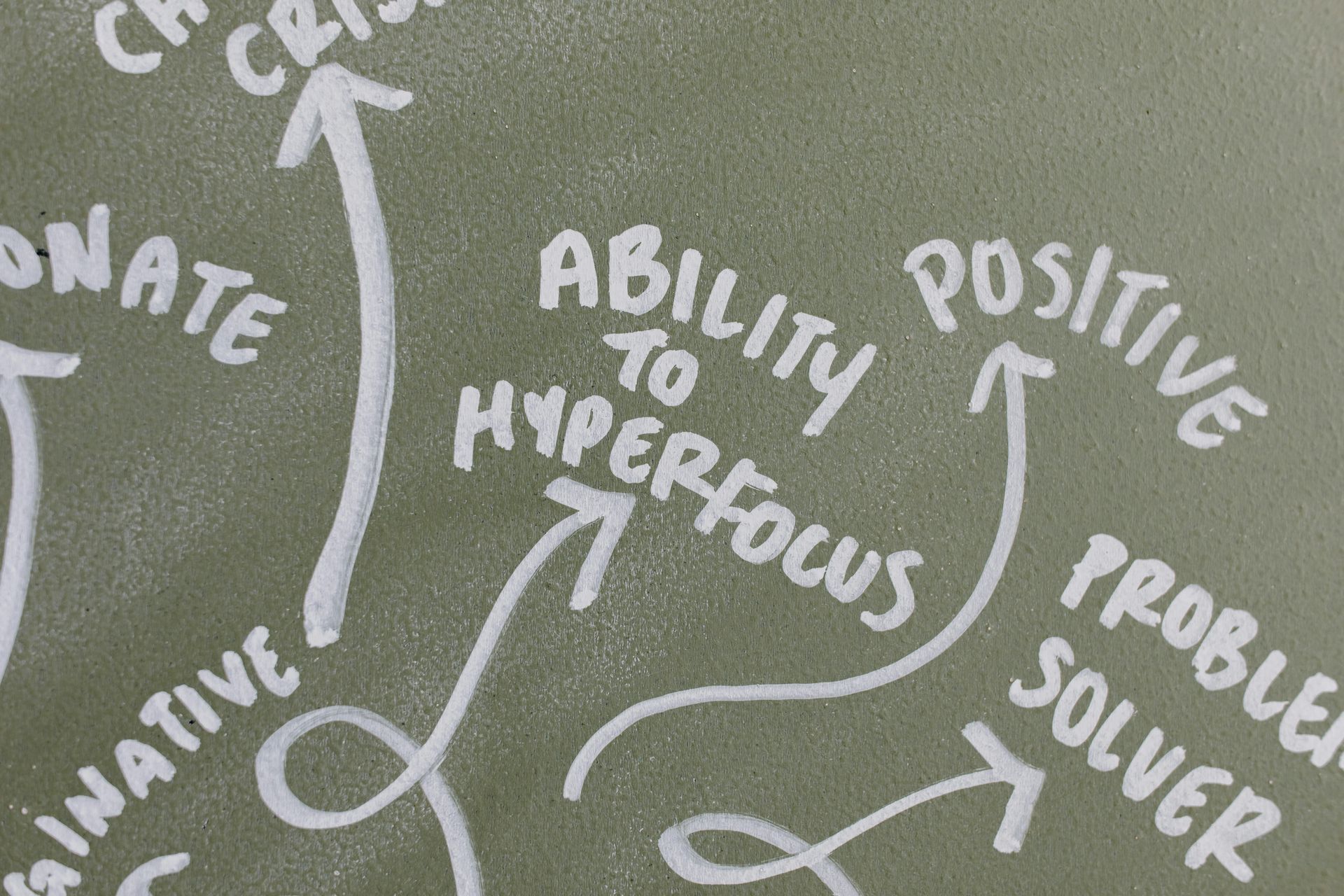Promote conversation over process. Unclaimed social contract value from Retrospectives.
Neelix IO Pty Ltd • March 25, 2021
Retrospective routines are often under-appreciated because of the focus on “inspect and adapt” magic. The impact of retrospectives can only be maximised through a social contract lens - retrospectives are a training in conversation.
Lean and agilist qualities are the ones where ability to change is burnt into the DNA of the team. Cadence of retrospectives themselves should not prevent the ability to improve undesired processes. The differentiating factor is the way people converse and find common ground.
Teams go off-track when the process is taken too seriously. Over emphasised reliance on procedures and the boss-in-the-middle lead to mediocre communication and relationships.
Relationships, conversation and humour are skills. Hammering at process issues without a true handshake can be a mediocre experience. Retrospectives are not an automatic savior. If you are just following the motions of putting cards on the board, then chances are you are not having a conversation.
“When something goes wrong with a computer, you get an error message. When something goes wrong with a human, you get feelings” - Andrew Tarvin (“The Skill of Humor”). The drag experienced by the team in between retrospectives is rooted in not adjusted priorities, backlog of unresolved issues and differences in perspectives. Retrospective is a chance to fine tune everyone’s perspectives through conversation.
Do not take retrospectives too seriously from the perspectives of registering tasks into the backlog. Instead, one should dive with commitment to have a conversation, and don’t forget to bring humour with you. Most terrible things in the world are done by men with serious faces - paraphrased from Grigori Gorin’s The Very Same Munchhausen.
Organisational behaviour has intrinsic links to systems thinking, as described
by Peter Slattery and Stefan Kaufman - make sure to understand the super-problem that is unique to the context of your team and organisation. It pays to invest time into understanding concepts such as "influence, balance, feedback and delay". Avoid the traps of process religion. A mindset of exploration and ability to slow down (take two steps back if necessary) are necessary to achieve real change.
Learn more...



